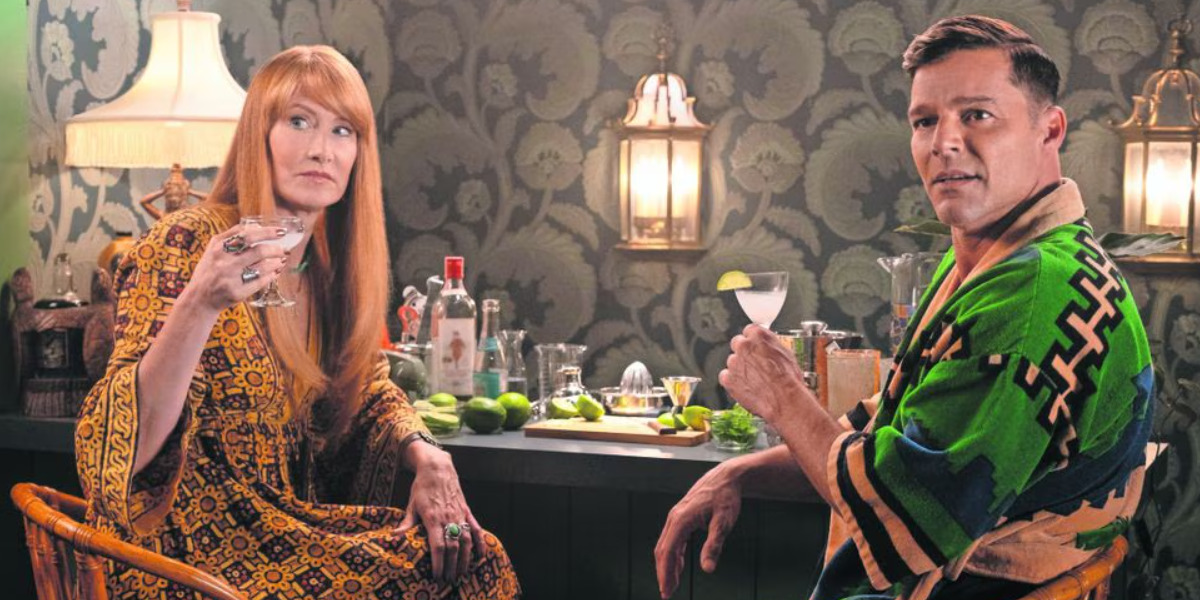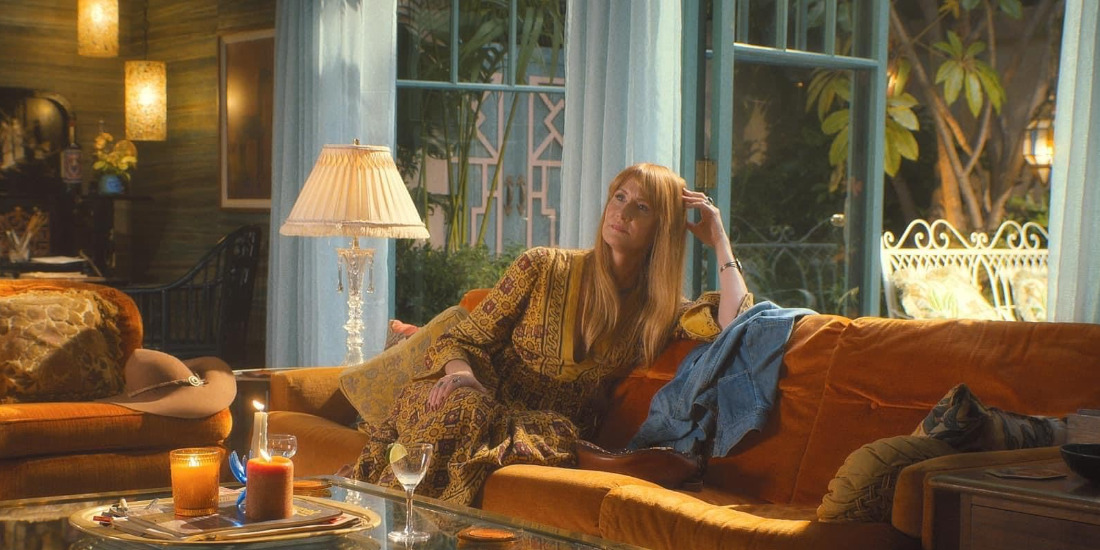‘Palm Royale,’ the comedy-drama show created by Abe Sylvia, explores Palm Beach and its campy, confectious high society, concentrated in the eponymous exclusive social club. As Maxine Simmons arrives in the elite town with her name now attached to the influential Norma D’ellacourt, she instantly sets her sights on the Palm Royale Club, vying for membership. However, once Evelyn Rollins, the queen bee of the club, makes her dislike for the other woman known, Maxine finds herself entering a desperate battle to prove that she can fit in with the right crowd.
The show, with a star-studded ensemble cast of characters, brings in several other narratives to highlight certain aspects of the 60s social environment and round out Maxine’s perspective. One such key player, Laura Dern’s Linda Shaw, a fierce women’s rights activist, helms the more political narrative of the show. Consequently, fans may grow curious about the character and her possible connections to reality.
Linda Shaw and 60s Activism
Linda Shaw’s character from ‘Palm Royale’ is a work of fiction and lacks a tangible basis in any real-life women’s activists from the 1960s. The show is an adaptation of Juliet McDaniel’s ‘Mr. & Mrs. American Pie.’ The 2018 novel, set in Palm Springs, follows the same protagonist, Maxine, in a slightly different scenario. As such, most of the surrounding characters retain some relation to McDaniel’s works even if their storylines aren’t a faithful replication of their literary counterparts.

However, Linda Shaw saw an intentional inception by showrunner Abe Sylvia, who created the activist, particularly with Laura Dern in mind. Dern, an executive producer on the show, was one of the first people involved in the project alongside Jayme Lemons, who has previously worked with the actress on projects like ‘Enlightened’ and ‘Tiny Beautiful Things.’
Yet, despite Dern’s eager involvement with McDaniel’s work’s adaptation, she was bound by her schedule, packed with a few other projects. As such, Sylvia came up with Linda Shaw’s character, a Palm Royale outsider who depicted the show’s world through a different lens. The same ended up presenting the perfect solution to level out the narrative and bring in the much-needed class-critical female worldview into the show.
While the other characters, surrounded in opulence— or yearning after it, in Maxine’s case— remain obsessed with status and wealth, Linda fights a different fight, organizing meetings for her activism group, “The Sisterhood,” and helping out women whenever possible. Linda’s storyline somehow seamlessly blends in with the rest of the narrative without her character imparting too much political nuance over a light-hearted period drama.
Yet, Linda’s activism retains historical accuracy, highlighting the intersectional roots of feminism in America as it was on the rise in the late 1960s. In fact, through the early storyline revolving around abortion, the show manages to emulate reality through Linda’s politics. In real-life activism circles, 1969 saw the emergence of the Jane Collective, which helped women access safe abortions when the medical practice was illegal in most states. Inversely, the storyline also mirrors the contemporary political landscape surrounding the topic of female healthcare in America.
Dern discussed her character in an interview with Entertainment Tonight, where she divulged the political aspect of her character and said, “At a time of such divide in this country to take a step back to 1969— as though we’ve progressed when we haven’t— and consider everyone fighting, everyone longing to be a member of the club while right outside your door— right on the other side of town the rest of the world is fighting for equity justice belonging in their own way and you could be completely blinded to it. [And] that dichotomy was really fun to look at at.” Consequently, while the character may echo realistic instances of activism, Linda Shaw remains fictitious in nature.
Read More: Palm Royale: Where is the Apple TV+ Series Filmed?


You must be logged in to post a comment.